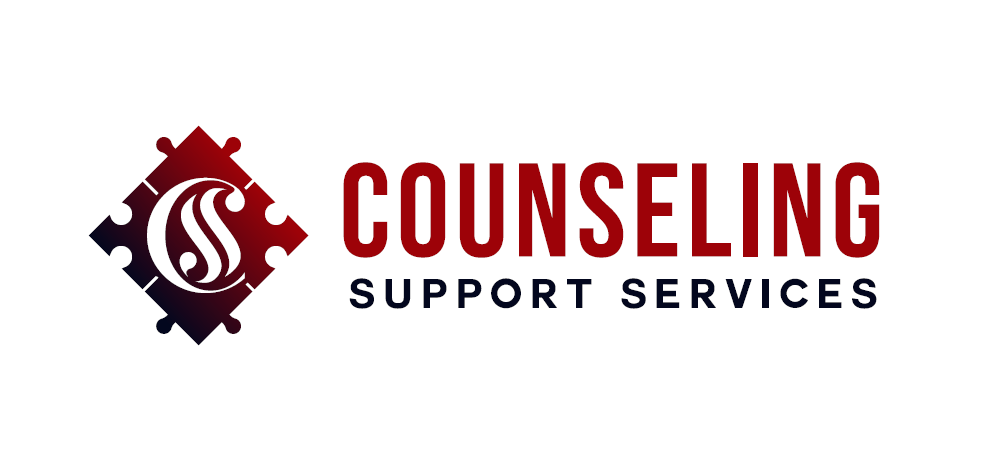Substance Use Evaluations
The phrase “substance use” refers to a pattern of drug or substance usage that results in distress or serious issues. This could involve skipping work or school or using the drug in risky conditions, like operating a motor vehicle.
What is a Substance Use Evaluation?
The addictions counselor is in charge of making treatment recommendations that best suit the needs of the person once a substance use examination has been performed and it has been established that they have an alcohol and drug problem. The recommended course of treatment will differ depending on each patient’s history, present circumstances, past accomplishments, and present needs.
When is a Substance Use Evaluation Utilized?
- Custody issues.
- Arrests for other crimes while the defendant was drunk.
- Parents who believe their dependent or non-dependent child is abusing alcohol or drugs.
- A spouse who gets an evaluation because we see signs that the person's drug use is harming them.
- Adult children who believe their parents use drugs or alcohol.
- If a person is unwilling to seek treatment but willing to participate in an assessment so that more can be discussed.
- High absence rate.
- Unstable behavior.
- Mood fluctuations that are frequent and unpredictable.
- Arriving at work drunk.
- Drinking on the job.
- Positive random drug screenings.
Types of Evaluations:
Substance Use Assessment:
A thorough substance use assessment takes into account the patient’s view of their usage, readiness to change, and the type, amount, frequency, and effects of their substance use. We also analyze the patient’s past medical and mental health history and check for any co-occurring psychiatric problems.
- Used when a court action calls for a drug or alcohol evaluation.
- There was only the initial court documentation collected and evaluated.
- Concise assessment and treatment recommendations on one page of a report.
- Absence of case management services.
Drug-Free Workplace Evaluation:
The use of illegal drugs by federal employees and in sectors subject to federal regulation is addressed in-depth programmers called drug-free workplace initiatives.
- Used when a company wants a worker to undergo a drug and alcohol test
- An in-person meeting lasts 120 minutes.
- No other contacts besides the employer’s
- There was no gathering or assessment of outside paperwork.
- A one-page report includes a brief assessment, treatment suggestions, and recommendations for more testing
- Assistance for managing cases.
DOT SAP Evaluation:
The Substance Use Professional assesses employees who have violated a DOT drug and alcohol program regulation and offers suggestions for follow-up education, treatment, and testing as well as aftercare.
- Used to catch DOT drug and alcohol offenders.
- Collateral interactions when necessary.
- Other than the referral form and the initial drug screen, no outside documents should be collected or evaluated.
- Concise assessment and treatment recommendations on one page of a report
Substance Use Evaluation:
It is the type of evaluations. An individual and an addiction, counselor will conduct a substance use assessment, sometimes referred to as a drug and alcohol evaluation. The process’s objective is to determine whether or not a person’s alcohol and/or drug consumption is a problem.
- Used in family court procedures like custody reviews.
- The initial in-person meeting lasts 120 minutes.
- Additional face-to-face conversations lasting 60 minutes each.
- Additional contacts.
- Gathering and analyzing outside documents.
- Original court documents.
- Results of alcohol and drug testing.
- Records of previous or ongoing treatments.
- Automobile report.
- Medical background information and the most recent report from a doctor Report from the Colorado Prescription Monitoring Program when necessary
- Multiple-page report including details on the data collection method, tools utilized, clinical evaluation, and therapeutic suggestions
- On-demand case management services
- On-demand appearances in court
Difference between screening and assessment for substance Use?
A woman is being screened to see if she needs to be assessed. The goal of the evaluation is to collect all the specific data required to create a treatment plan tailored to the woman’s needs. Counselors can screen and assess women appropriately with various standardized tools and interview techniques. Assessment and screening are different in the following ways:
- Screening is a procedure for determining whether a specific issue might be present.
- Usually, the result is a straightforward yes or no.
- The assessment process entails describing the issue’s nature, arriving at a diagnosis, and formulating specific therapy suggestions to address the issue or diagnosis.
Drug and Alcohol Evaluation Providers:
Drug and alcohol evaluations support the assessment of substance use. We assess whether you have a substance use issue and have used drugs or alcohol consistently over time. Drug and alcohol examinations may be used by counseling support services to ascertain the amount of treatment you require.
- Drug and alcohol tests help to establish.
- If you are addicted to drugs or alcohol.
- Your level of substance use.
- Whenever there is a chance of a dual diagnosis (co-occurring mental health disorder).
- How does using drugs or alcohol affect your life?
- What elements must a treatment strategy for addiction have?
Book an appointment
If you’re seeking the greatest substance use evaluation services, the counselors at Counseling Support Services are the best for you.
WHAT WE TREAT
Request Taharka Today
Use the form below to request Taharka to speak today.
Phone: 732-272-1340


